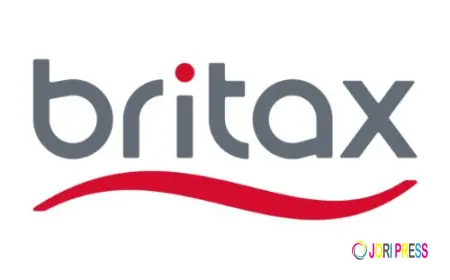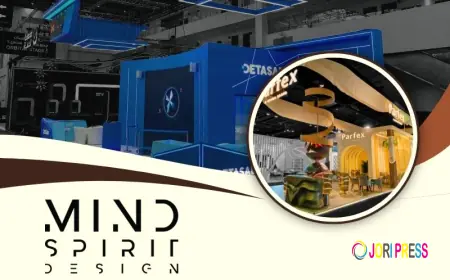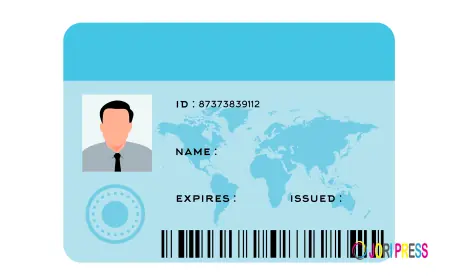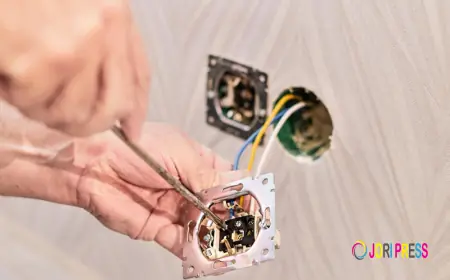How Real Estate Tokenization Gives You Global Access with Local Investment
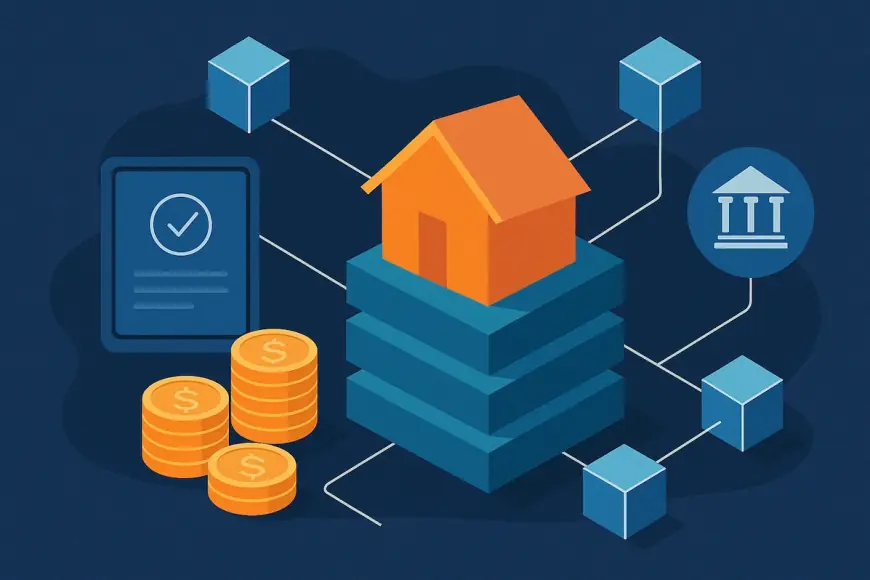
Real estate has always been considered a stable and reliable investment vehicle, but it has traditionally been confined by geographical, financial, and legal boundaries. Investing in a property typically means dealing with local brokers, legal systems, paperwork, and significant upfront capital. However, real estate tokenization is revolutionizing this paradigm by turning physical assets into digital tokens on the blockchain. This technological innovation empowers investors to access real estate markets worldwide while maintaining the freedom to invest from anywhere. It enables local investments to gain global exposure and global investors to diversify into properties situated in local communities, effectively democratizing access to real estate investment opportunities.
Understanding Real Estate Tokenization
At its core, real estate tokenization involves dividing a physical property into digital tokens using blockchain technology. These tokens represent a fractional ownership stake in the underlying asset and can be bought, sold, or traded on digital platforms. This approach transforms illiquid and location-bound assets into liquid, divisible, and borderless investment opportunities. Tokenized real estate maintains the legal rights and income potential of traditional property ownership while eliminating many of the friction points—such as paperwork, intermediaries, and geographical restrictions—that have historically hampered real estate investing.
Through tokenization, a $10 million commercial building can be split into 1 million tokens worth $10 each, allowing investors from anywhere in the world to participate with minimal capital. These tokens may also provide dividend-like income in the form of rent or capital gains, depending on how the token structure is designed. The result is a seamless fusion of blockchain efficiency with tangible, long-term assets—offering both liquidity and stability.
Global Access: Investing Without Borders
One of the most powerful advantages of tokenized real estate is the removal of geographical barriers. Previously, investing in a property outside your home country required navigating foreign laws, local brokers, complex banking systems, and sometimes even physically visiting the property. Now, through tokenization platforms, you can purchase fractional ownership in a residential unit in Paris, a co-working space in New York, or a resort in Bali—all from your laptop or smartphone.
This opens up new opportunities for diversification. Investors in Asia can now gain exposure to stable rental markets in Europe, while U.S.-based buyers can access high-growth regions in Southeast Asia or Latin America. Tokenized platforms also offer 24/7 trading, mimicking the flexibility of crypto markets rather than the rigid timeframes of traditional real estate transactions. As a result, users can manage and rebalance their real estate portfolios across different continents in real time, helping them hedge against regional economic downturns or capitalize on emerging opportunities.
Moreover, real estate tokenization can bypass traditional limitations like foreign ownership caps or local licensing requirements by embedding legal rights into smart contracts that comply with international regulations. This is done through regulatory-compliant token issuance platforms that ensure all security, taxation, and KYC/AML requirements are met across jurisdictions.
Local Investment Power: Strengthening Communities Through Fractional Ownership
While the global access feature of tokenization grabs most of the headlines, the local impact is equally profound. Tokenization allows community members, residents, and local investors to participate in the growth of their own neighborhoods. Developers and property owners can raise funds for local construction projects, renovations, or commercial expansions by offering tokens to nearby residents who wish to support and benefit from the area’s development.
This decentralized investment approach strengthens the bond between real estate projects and their communities. Local investors are more likely to care about the long-term sustainability of the asset, as they have both financial and emotional stakes in the region. It also helps combat gentrification by giving underrepresented populations access to wealth-building opportunities in areas they’ve long inhabited but historically couldn’t afford to invest in.
Tokenization further supports local economies by redirecting capital that would traditionally go to large institutional investors or global hedge funds. Through localized token offerings, everyday people can co-own real estate ventures, enjoy a share of rental profits, and contribute to community-led development without relying on centralized financial gatekeepers.
Transparency and Trust Through Blockchain Technology
Blockchain’s inherent transparency plays a pivotal role in the success of real estate tokenization. Every transaction, token transfer, and smart contract condition is recorded on a decentralized ledger, making data tamper-proof and easily auditable. This trustless environment reduces the risk of fraud, eliminates double-spending, and allows for real-time verification of ownership and transaction history.
Investors no longer need to rely solely on property brokers or legal documents to understand their investment. Token holders can view property performance metrics, rental income, maintenance schedules, and capital appreciation data via on-chain analytics and investor dashboards. This level of transparency builds trust between issuers and investors while streamlining due diligence processes for potential buyers.
Additionally, blockchain simplifies investor onboarding through secure identity verification mechanisms and automated compliance checks. This reduces the friction involved in cross-border transactions and ensures that property ownership remains secure and legally enforceable, even in the digital realm.
Enhanced Liquidity for Traditionally Illiquid Assets
Traditional real estate investments are highly illiquid. It can take months to sell a property, and fractional ownership in real estate investment trusts (REITs) or syndications often comes with long lock-up periods and limited resale opportunities. Tokenization changes this by offering secondary market trading of fractional ownership units.
Investors can sell their tokens on regulated exchanges or peer-to-peer platforms whenever they need liquidity. This significantly lowers the entry and exit barriers that have historically kept real estate out of reach for small investors. Liquidity also introduces a level of flexibility typically associated with financial assets like stocks and cryptocurrencies, enabling investors to quickly reallocate their capital based on market trends or personal financial needs.
Moreover, the secondary market for tokenized assets introduces real-time price discovery and competition, which can lead to more accurate valuations. Instead of relying on periodic property appraisals, market dynamics and investor sentiment play a role in determining token prices—much like shares on a stock exchange. This creates a more dynamic and accessible real estate investment ecosystem.
Compliance, Regulation, and Security
Tokenization doesn’t mean bypassing regulations—it enhances compliance through automation. Smart contracts can be coded to automatically enforce restrictions based on jurisdiction, investor accreditation, lock-up periods, and more. Tokenized platforms work with legal professionals and regulators to ensure that all offerings comply with securities laws and investor protection standards.
For example, tokens issued in the U.S. under Regulation D or Regulation S must comply with accredited investor rules and offering disclosures. In Europe, they must align with MiFID II and GDPR frameworks. Tokenization platforms often use blockchain-based identity verification, digital KYC, and ongoing monitoring to meet these obligations.
Security is also paramount. Tokens are stored in blockchain wallets that are protected through encryption, biometric authentication, and multi-signature authorization. Custodial solutions, smart contract audits, and decentralized identity frameworks further bolster investor confidence. These security measures are vital for maintaining trust and reducing institutional risk in tokenized real estate environments.
Use Cases: Residential, Commercial, and Mixed-Use Properties
Tokenization is not limited to any one property type. Residential units, co-living spaces, luxury villas, apartment complexes, office buildings, shopping centers, hotels, warehouses, and even undeveloped land can all be tokenized. This flexibility allows investors to diversify their holdings across multiple asset classes and risk profiles.
For example, a retiree may invest in tokenized residential apartments that provide stable monthly rental income, while a young entrepreneur may take on more risk by purchasing tokens in a commercial development project located in an up-and-coming tech hub. Meanwhile, institutional investors may diversify into multi-tenant buildings or global REIT alternatives via tokenized offerings that offer real-time visibility and programmable payouts.
Some platforms also offer hybrid opportunities like ESG-focused green buildings or co-investment tokens linked to sustainability initiatives. This introduces a broader purpose to investing, allowing users to align their financial decisions with personal values and global impact objectives.
The Role of Platforms and Marketplaces
The success of real estate tokenization hinges on the platforms that facilitate it. These digital marketplaces act as intermediaries between property owners and investors, offering services like asset digitization, legal structuring, smart contract deployment, token issuance, and secondary trading.
Platforms like RealT, SolidBlock, Blocksquare, and Propy are leading the charge in this space, each offering slightly different models for tokenization. Some focus exclusively on residential property, while others specialize in commercial real estate or REIT integration. These platforms typically handle all regulatory, technical, and operational elements—allowing investors to participate with minimal friction.
In addition, decentralized finance (DeFi) protocols are starting to integrate with tokenized real estate, enabling the use of property-backed tokens as collateral for loans, liquidity pools, or yield farming. This unlocks new layers of functionality and financial freedom, making tokenized real estate a key building block of the broader Web3 economy.
Challenges and the Road Ahead
Despite its promise, real estate tokenization still faces hurdles. Regulatory uncertainty, especially in emerging markets, can delay project launches or create compliance risks. Legal enforceability of digital tokens and property rights must also be standardized across jurisdictions. Liquidity is still limited compared to traditional financial markets, as many secondary marketplaces are in their early stages and lack sufficient trading volume.
Education and awareness remain another barrier. Many investors are unfamiliar with blockchain, wallet management, or the nuances of smart contracts. Without proper guidance, they may hesitate to enter the market or fall victim to misinformation.
Nevertheless, the direction of travel is clear. Governments are beginning to recognize the potential of tokenized assets and are drafting legal frameworks to accommodate them. Institutional interest is rising, and the convergence of fintech, proptech, and blockchain is accelerating the ecosystem’s maturity.
Conclusion:
Real estate tokenization is transforming the way we think about property ownership, investment, and access. By bridging global demand with local opportunity, tokenization allows anyone, anywhere, to invest in income-generating properties with just a few clicks. It empowers communities by democratizing ownership and strengthens global portfolios by enabling diversification without borders.
As blockchain technology continues to evolve and legal frameworks adapt, the dream of frictionless, globally accessible real estate investing is quickly becoming a reality. Tokenization is not just a trend—it’s the foundation of a more inclusive, transparent, and liquid real estate market for the digital age.
What's Your Reaction?
 Like
0
Like
0
 Dislike
0
Dislike
0
 Love
0
Love
0
 Funny
0
Funny
0
 Angry
0
Angry
0
 Sad
0
Sad
0
 Wow
0
Wow
0







